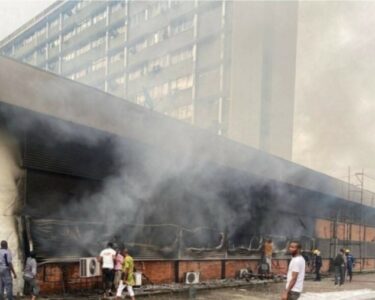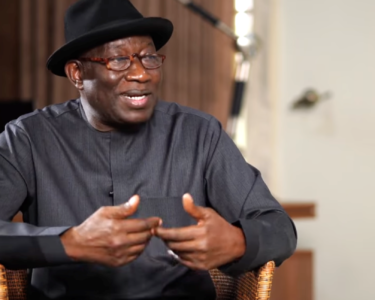At least 40 farmers have been reportedly killed in the Dumba community in the Kukawa Local Government Area of Borno State, with the whereabouts of several others yet to be ascertained following an attack by the terrorists believed to be members of Boko Haram and the Islamic State of West African Province (ISWAP).
It was gathered that the attack, which occurred around 4:30 p.m. local time on Sunday, also left dozens of farmers missing, who may have been abducted by the terrorists. Borno State Commissioner for Information and Internal Security, Prof. Usman Tar, confirmed the attack in a statement on Monday.
“Investigation has commenced on the circumstances behind this attack. Initial reports indicate about 40 farmers have been killed, while the whereabouts of many who escaped the attack are being traced for reunion with their families,” Tar disclosed. This is coming barely 24 hours after two people were killed and a church was set ablaze in a similar attack on the Chibok community, in the southern part of the state”, he added.
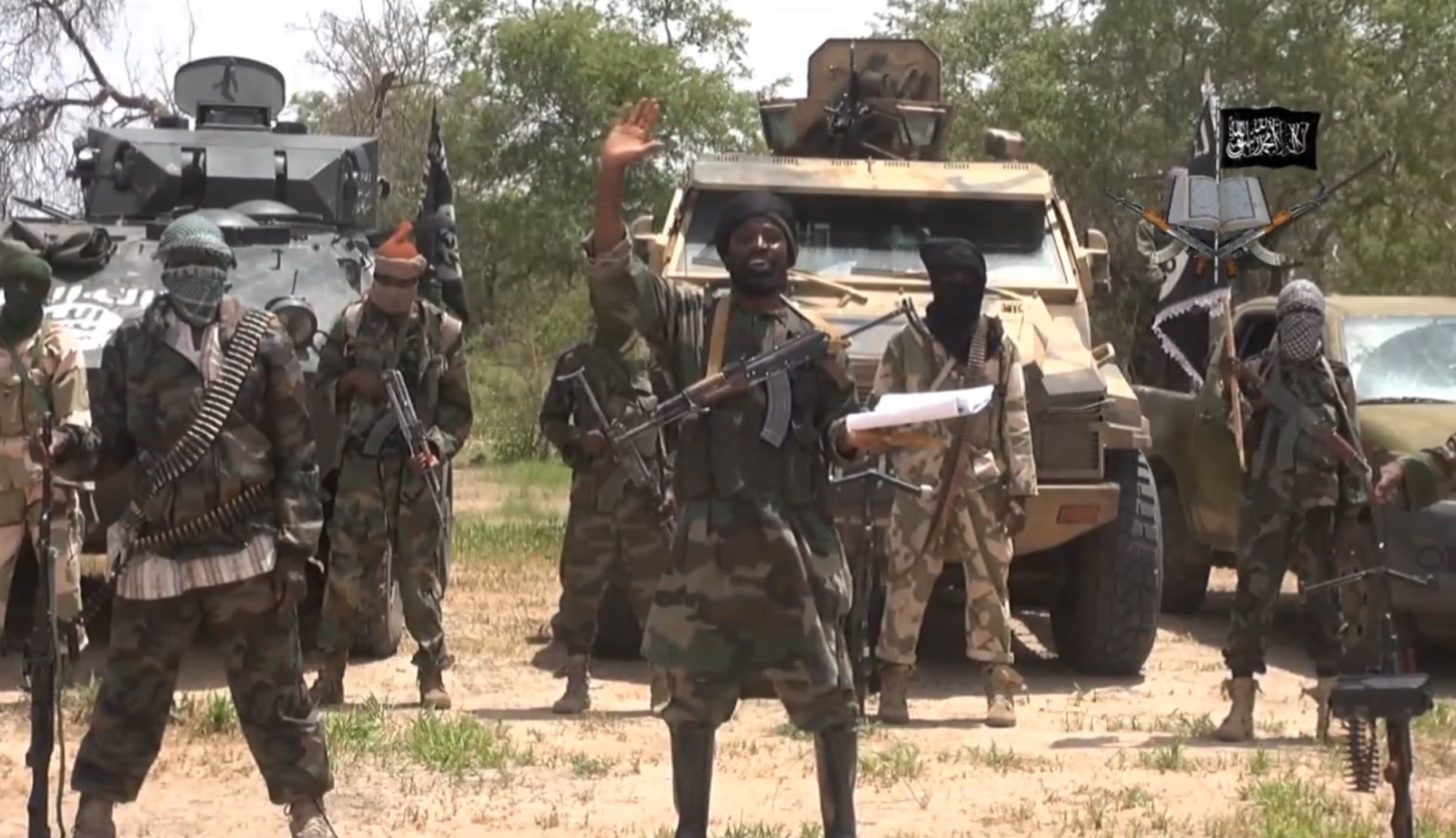 A still from a video released by the Nigerian Islamist extremist group Boko Haram Credit: Photo: AFP/Getty Images.
A still from a video released by the Nigerian Islamist extremist group Boko Haram Credit: Photo: AFP/Getty Images.
Sources said the victims were attacked by the terrorists after moving beyond the security track marked by the military around the communities to prevent residents from straying into Boko Haram or ISWAP enclaves. The Kukawa area has suffered three devastating attacks by Boko Haram since 2014, when terrorist attacks escalated in Borno State.
 An empty classroom at a school in northern Nigeria where the Boko Haram terrorist group kidnapped hundreds of female students.
An empty classroom at a school in northern Nigeria where the Boko Haram terrorist group kidnapped hundreds of female students.
In December 2019, Boko Haram sacked Baga, the headquarters of Kukawa Local Government and one of Borno’s commercial hubs, following a bloody attack that lasted two days. Nearly a dozen military troops were captured and later executed in a gruesome manner. Thousands of residents fled their homes, marking the third massive displacement in the town since 2014.
In the statement, Governor Zulum condemned the deadly attack on farmers and fishermen in Dumba. He expressed sorrow over the incident and called on the military to track down the killers. Tar said that initial reports indicated the attackers killed about 40 people, while several others fled into nearby areas. Efforts are underway to trace the survivors and reunite them with their families.
He said the governor called on the armed forces to pursue and neutralize the perpetrators operating in Dumba and other enclaves in the Lake Chad area. He also assured the public that the state government was committed to ensuring justice and enhancing security.
“With deep sorrow and anguish, I received the sad news of the attack on Dumba, where scores of our farmers and fishermen were killed by terrorists. On behalf of the government, I sympathize with the victims’ families. Let me assure the citizens of Borno that this matter will be thoroughly investigated, and necessary actions will be taken,” he said.
According to him, the governor noted that the victims had ventured outside the security perimeters established by the government and military into areas not yet cleared of insurgents or landmines. He urged residents to adhere to the “safe corridors” demarcated by security agencies to avoid such risks.
“The government has clearly demarcated land for safe farming and economic activities allowing the military to focus on clearing unsafe areas. Citizens should not enter areas prone to terrorist attacks or contaminated by landmines,” he added. The governor also commended the armed forces for their ongoing efforts to secure vast stretches of land for farming and resettlement as part of the government’s long-term strategy to manage displacement and enhance livelihoods.
 Soldiers from the Chadian Army at the border between Nigeria and Cameroon, part of a regional force that has been fighting Boko Haram militants.
Soldiers from the Chadian Army at the border between Nigeria and Cameroon, part of a regional force that has been fighting Boko Haram militants.
“The safe corridors provide vast tracts of land for settlement, fishing, and farming under the watchful eyes of our gallant security forces. Straying into unsafe areas not only endangers lives but also complicates military operations against the terrorists,” the statement noted.
Meanwhile, the Chief of Defense Staff (CDS), General Christopher Musa, has explained that the military follows strict protocols before executing any airstrike across the various theatres of operations. He stated that the military conducts its airstrikes with precision, adding that civilians are not deliberately targeted. Musa, who was reacting to the recent accidental killing of 16 civilians in Zamfara on Saturday, spoke during an interview on Arise News on Monday.
“The issue of the airstrikes is still the same. Before we conduct any airstrike, we follow up on movements. And I can tell you, when we do airstrikes, we do it with precision,” he said.
Musa attributed some civilian casualties to secondary explosions in areas where terrorists store weapons and explosives, which can inadvertently affect nearby residents. He said, “Now, we cannot rule out a secondary explosion. Why? Because again, within areas they have weapons, they have bombs, ammunition, and explosives that they keep there. So, sometimes if it goes up, you cannot rule out the aspect that civilians might be affected.
“But we do not deliberately target the civilian population, we avoid it as much as possible. We have videos that we follow up before any strike is conducted.”
The CDS noted that the accidental killing allegations might be antics to demoralize troops, adding that most of the allegations come when the military is making headways.
“Maybe a question we should ask is: Why is it that while we are succeeding, that’s when you keep on hearing this accidental airstrike here and there? For us, I think this is just a way of demoralizing the troops, demoralizing our air force, and making it look as if we don’t know what we’re doing,” he said.
 Primary school students on May 12, 2012 stand outside the main auditorium of the Maiduguri Experimental School, a private school in Maiduguri that was burned down by suspected Boko Haram members.
Primary school students on May 12, 2012 stand outside the main auditorium of the Maiduguri Experimental School, a private school in Maiduguri that was burned down by suspected Boko Haram members.
Musa called for patience and cooperation in verifying such incidents, urging communities to wait for the outcome of military investigations into the incident.
“Most times, when they say there is any airstrike, before you go there, they tell you they buried the people. Why not wait and then let’s also come and verify these issues?” he questioned.
Also, speaking on the tactics employed by terrorists in their bid to perpetuate violence, the CDS disclosed that the terrorists systematically impregnated women to create a new generation of fighters. According to Musa, terrorists previously relied on capturing communities and forcibly recruiting men, but the loss of their territories had forced them to adopt a different approach. The CDS added that this was evident in the number of those who surrendered to troops, noting that out of 120,000 fighters, half were children.
“Over 120,000 terrorists surrendered. Out of this number, over 60,000 are children. Now, what were the terrorists doing in the past? They used to capture communities and then force men, especially adults, in to join them, whether they like it or not. If you refuse, they behead you, so you had no choice,” Musa said. “But now that it became difficult, that they don’t have any territory, they don’t have a means of doing that, they now decided to start impregnating the women repeatedly. If a woman gives birth, four months after, they impregnate her again. They were trying to produce a new set of terrorists.”
 Women and children rescued from Boko Haram by the Nigerian military arrive in Adamawa State in 2015. Children have suffered disproportionately in the war, the United Nations says.
Women and children rescued from Boko Haram by the Nigerian military arrive in Adamawa State in 2015. Children have suffered disproportionately in the war, the United Nations says.
Speaking further, Musa said the Federal Government is collaborating with international organizations such as the United Nations and the European Union to disrupt terrorism financing in Nigeria. Musa also revealed that multiple government agencies, including the Office of the National Security Adviser, the Nigerian Financial Intelligence Unit, the Central Bank of Nigeria, the National Intelligence Agency, and the Department of State Services, are actively working to trace the sources and movement of funds that sustain terrorist groups.
“We have raised these observations, and the relevant agencies have moved into action. What we are also doing is reaching out to the international community to trace the funds and their movement. If we’re able to do that, we’ll cut off the oxygen that keeps them going, which is very, very vital,” he said.
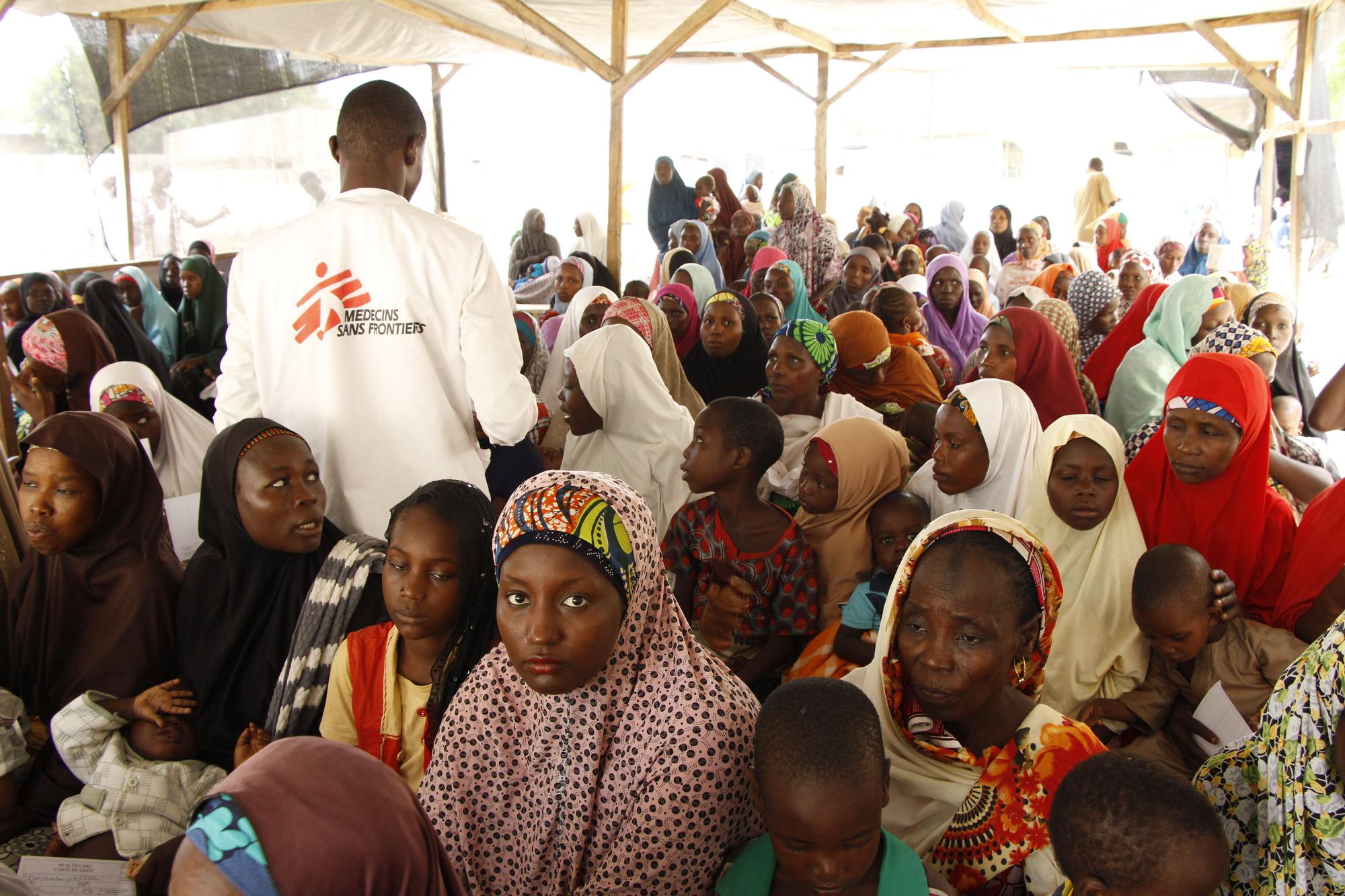 It is estimated that between 10,000 and 12,000 displaced people are living in Bama camp.
It is estimated that between 10,000 and 12,000 displaced people are living in Bama camp.
The defense chief noted the complexity of the funding networks, which include both international and local sources.
“It’s a very dangerous and high-value network that has made it difficult for them to be traced. Locally, we believe they are funded through taxes, levies, kidnapping, and other illegal activities. We have reached out to the UN, the EU, and other international organizations to assist in tracking the funds. For me, if we’re able to do that, we’ll mitigate this issue significantly and stop them. This is what keeps them going,” he concluded.
The army chief also stated that the military is preparing to take legal action against Reuters following its report alleging the forced termination of 10,000 pregnancies during counter-insurgency operations in the North-East. The Reuters report, published in late 2022, accused the Nigerian military of running a secret and systematic abortion program for women impregnated by insurgents. Musa strongly denied these claims, describing them as an affront to the military’s integrity.
 The cattle market in Maiduguri in 2016. The northeastern city is the command center of the army’s counterinsurgency campaign.
The cattle market in Maiduguri in 2016. The northeastern city is the command center of the army’s counterinsurgency campaign.
The National Human Rights Commission in 2024 exonerated the military after it investigated the allegations. Musa expressed disappointment that Reuters failed to retract or apologize for the report, which he said had maligned the country and its armed forces.
“After one and a half years of investigation, it was found that it was a complete lie. I was expecting Reuters to come in and apologize for it, but they did nothing. They did not even respond. After maligning the whole country, they have shown no accountability. I think it’s very important that Nigeria takes up this issue,” he stated.
Musa revealed that discussions have been held with the Attorney-General of the Federation to initiate legal proceedings.
“I’ve discussed this with the Attorney -General and I think it’s important that Nigeria addresses this. We will not allow anyone to demoralize our troops or malign the country,” he said.
 Burnt cars are seen after a deadly attack by suspected members of the Islamic State West Africa Province (ISWAP) in Auno, Nigeria, Feb. 9, 2020.
Burnt cars are seen after a deadly attack by suspected members of the Islamic State West Africa Province (ISWAP) in Auno, Nigeria, Feb. 9, 2020.
He also criticized the timing of such allegations, suggesting they were part of efforts to undermine the military’s successes in the fight against terrorism.
“What we realize is that any time we’re making progress, international organizations take it upon themselves to demoralize the country and our troops. We have refused to be demoralized, and we will not be demoralized,” he vowed.
Meanwhile, the House of Representatives Committee on Army has assured the Nigerian Army of adequate financial allocation in the 2025 budget proposal to tackle the challenges of insecurity in the country.
 Governor Babagana Zulum of Borno State on Sunday morning watched over 43 corpses, who were among those killed by suspected Boko Haram insurgents, prepared for burial.
Governor Babagana Zulum of Borno State on Sunday morning watched over 43 corpses, who were among those killed by suspected Boko Haram insurgents, prepared for burial.
The Chairman of the Committee, Aminu Balele (APC, Katsina State), made the pledge during the 2025 budget defense session held by the committee on Monday. Speaking to journalists after a closed-door meeting with the Chief of Army Staff, Lt. Gen. Olufemi Oluyede, Balele expressed satisfaction with the Army’s performance in implementing its 2024 budget.
“We are committed to providing unwavering support, fostering cooperation, and maintaining solidarity with our military counterparts,” he said. “Be assured that this committee’s determination to champion the welfare of our troops, ensure adequate power provisions, and promote capacity building at all levels remains steadfast.”
 Mothers of schoolgirls abducted by Boko Haram react during a meeting with the Borno State governor in Chibok, Maiduguri, Borno State, on April 22, 2014.
Mothers of schoolgirls abducted by Boko Haram react during a meeting with the Borno State governor in Chibok, Maiduguri, Borno State, on April 22, 2014.
“Today, we have achieved a lot in the sense that we have analyzed and scrutinized the 2024 budget and, more importantly before we move into 2025, we ask so many fundamental questions, particularly what is happening in the country and the way forward. We have to support them (Army) to see that within a short period, they will address the question of this insecurity all over the country,” Balele said.
Speaking on the Army’s 2024 budget performance, the lawmaker said, “In terms of implementation, it was excellent. They have achieved over 99 per cent in terms of implementation. We deployed oversight teams across the country, and their reports confirm this success.”
He acknowledged the urgency felt by Nigerians for quick results in addressing security challenges and assured them of the National Assembly’s dedication to supporting the military.
 Nigerian forces securing the vicinity of an insurgent attack in Maiduguri in 2019. Some civilians told Reuters they now fear the military more than the insurgents.
Nigerian forces securing the vicinity of an insurgent attack in Maiduguri in 2019. Some civilians told Reuters they now fear the military more than the insurgents.
“Nigerians need quick results and so, there is that pressure. We have done our best in the National Assembly particularly the House of Representatives. We are addressing security issues even though there is inflation in terms of exchange rates and others,” he added.
Balele also promised that the committee would review the allowances provided to soldiers on the frontlines of the fight against insecurity, reiterating their commitment to the welfare of military personnel.


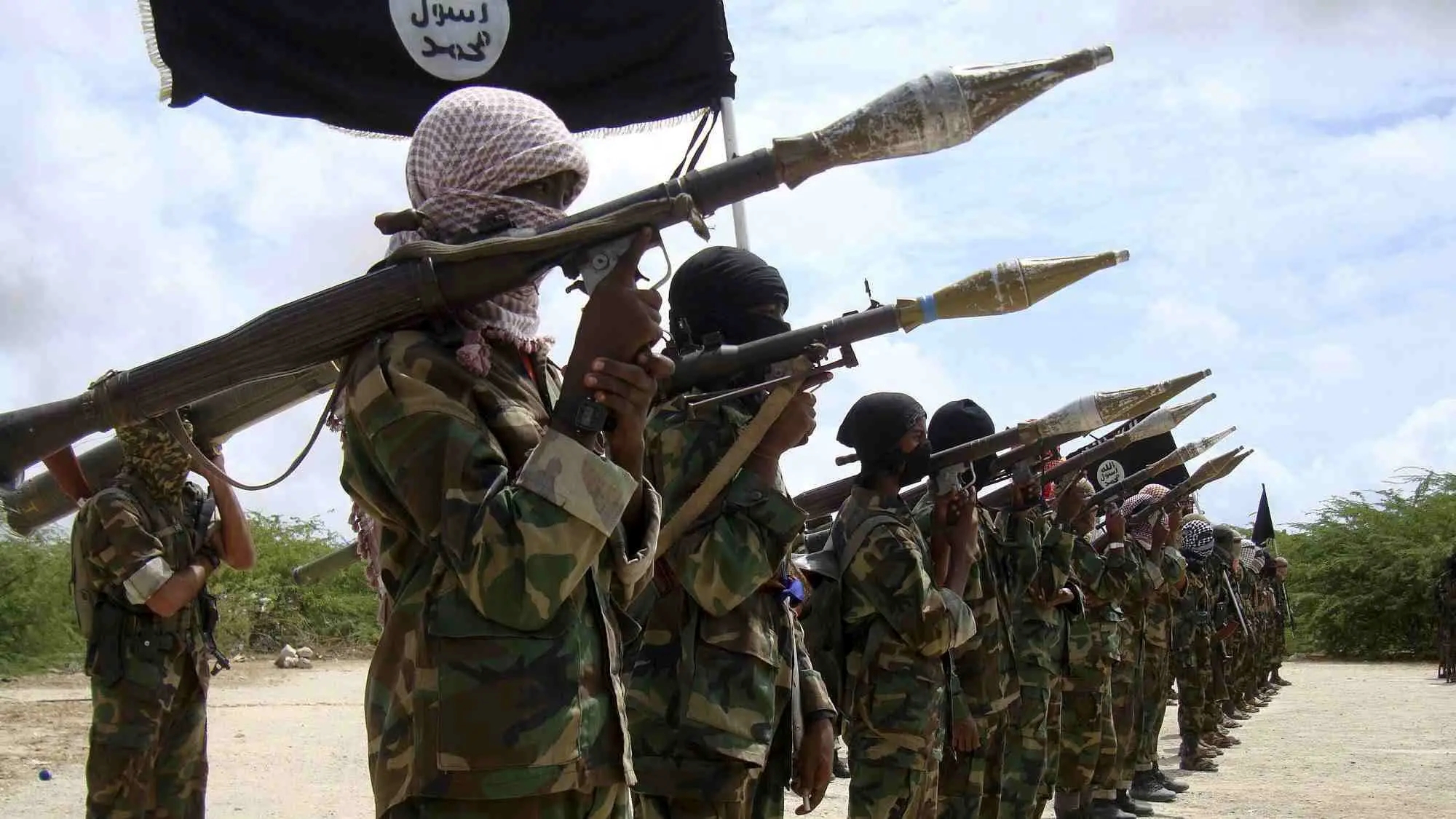

 The Nigerian Chief of Defense Staff (CDS), General Christopher Musa.
The Nigerian Chief of Defense Staff (CDS), General Christopher Musa.

